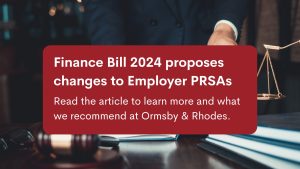The new Financial Reporting Standard applicable in the Republic of Ireland and the UK from 1 January 2015
The Financial Reporting Council (FRC) in the UK published a new accounting standard in March 2013 (amended August 2014) known as FRS 102. This accounting standard will replace a raft of previous standards known as Generally Accepted Accounting Principles (GAAP) for many companies and entities for accounting periods commencing on or after 1 January 2015.
Some small companies will be able to avoid for the moment applying FRS 102 and if eligible may opt to use FRSSE – The Financial Reporting Standards for Smaller Entities – which is similar to Irish and UK GAAP. Public companies quoted on the stock exchange will continue to apply International Financial Reporting Standards.
In the first year in which a company makes the transition to FRS 102 it will prepare its current year’s accounts under FRS 102. It will also be required to restate its comparative figures to comply with FRS 102, producing reconciliations of profit or loss and equity which tie in its previously disclosed figures prepared under GAAP with the figures in its restated accounts prepared under FRS 102.
FRS 102 has much in common with Irish and UK GAAP but it also has many new features. There is a need to disclose in the accounts key management judgments and estimation uncertainties. A statement of Cash Flows is always required and there is a new statement called a Statement of Changes in Equity which must be included in the accounts. A statement of comprehensive income may also be required. Some items, such as long term debtors and creditors for settlement in cash and some directors’ loans and inter-company loans may require to be discounted. The valuation bases for fixed assets and investment properties have changed slightly, and deferred tax is now applied to revaluations of all fixed assets and investment properties. There are also some changes as related to foreign currency conversion, accounting for groups and amortisation of goodwill.
For many companies the transition and compliance with the new accounting rules will not present much difficulty. Our professional teams are here to help clients to make the transition smoothly.






